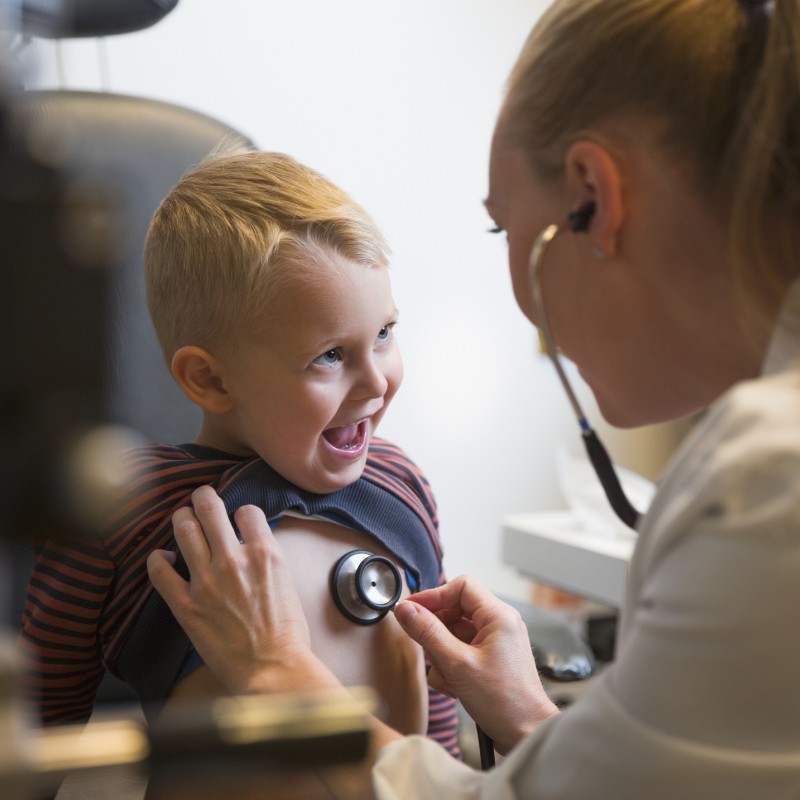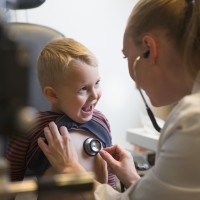The Milken Center for Advancing the American Dream shares diverse perspectives relating to our four pillars and the American Dream. The Dream looks different and means something different to everyone. While views and opinions expressed here are those of the authors and do not necessarily reflect the Center’s position, we believe it is important to explore issues from many angles to promote productive dialogue.
In 2008, I dropped out of school and it felt like the end of my life. The lead up to that moment was gradual and out of my immediate control. I grew up in Zimbabwe. My parents divorced in 2000. My dad moved to South Africa—making my mother the only breadwinner of the family. In November 2008, along with much of the world, Zimbabwe had an economic meltdown eroding the disposable income of most of its citizens. With hyper-inflation rates (79.6 billion percent at the peak), the cost of living had become unbearable in the city. Our family had to move to a rural area in search of greener economic pastures. I had to leave school.
A couple of years later, a friend of mine surprised me with a book that changed everything: The Epic of America by J. T. Adams. Written in 1931, Adams introduced the concept of the American Dream achieved through sacrifice, risk-taking, and hard work, rather than by chance. I was inspired by the idea that anyone can attain their own version of success in a society where upward mobility is possible for everyone. This idea is where my journey begins.
I am now an author, an award-winning inspirational speaker, and student at the National University of Science of Technology in Zimbabwe. My first book titled The Success Pyramid helped me become one of the Top 100 most influential young people in Southern Africa. I felt like I’d made it. But the American Dream is not about individual success. It is a collaborative effort to create a better environment for all—and I wanted to make sure that I was doing my part.
So, I started an organization called Pillar of Hope Foundation (POHF) centered on the United Nation’s Sustainable Development Goal (SDG) 4 – Ensure inclusive and equitable quality education and promote lifelong learning opportunities for all. The Sustainable Development Goals (SDGs) are the world’s shared plan to end extreme poverty, reduce inequality, and protect the planet by 2030. Based on my early life, I knew that education was vitally important for reaching your dreams. POHF provides access to quality education for vulnerable children through educational aid, scholarships and grassroots career coaching programs. It is a student-run organization seeking to level access to quality education for both rural and urban students.
As a result of my work, I was selected to be a 2019 Millennium Fellow, a United Nations program to make the SDGs reality. Through the fellowship I made important connections and developed exceptional leadership skills. I pitched corporations to support POHF. While many people thought that the idea was good, no one stepped up to fund it. Just when I thought I would have to give up, Millennium Fellows came to the rescue. They suggested requesting donations from the people I know and on social media to keep me going. I persevered. Then, they helped me scale up the project and apply for grants to fund more programs. We started with only seven students and were able to grow to eighty-one students in a year.
I have found that while it is unfortunate that life does not always give you what you want, it gives you what you need – whether that is a book or a mentor or, eventually, an education. Never give up on your dream no matter what your circumstances. Explore the idea of the American Dream, it’s not only for Americans. It is for anyone, from anywhere, who has a dream for a better future for all.
About the Millennium Fellowship
The Millennium Fellowship is a joint program of United Nations Academic Impact and Millennium Campus Network to help make the Sustainable Development Goals and UNAI principles a reality. Millennium Fellows are university undergraduates selected based on their leadership on sustainable development-related projects that advance the SDGs in their communities. They participate in a semester-long leadership development program to improve their student organizing, partnership building and community impact skills.









